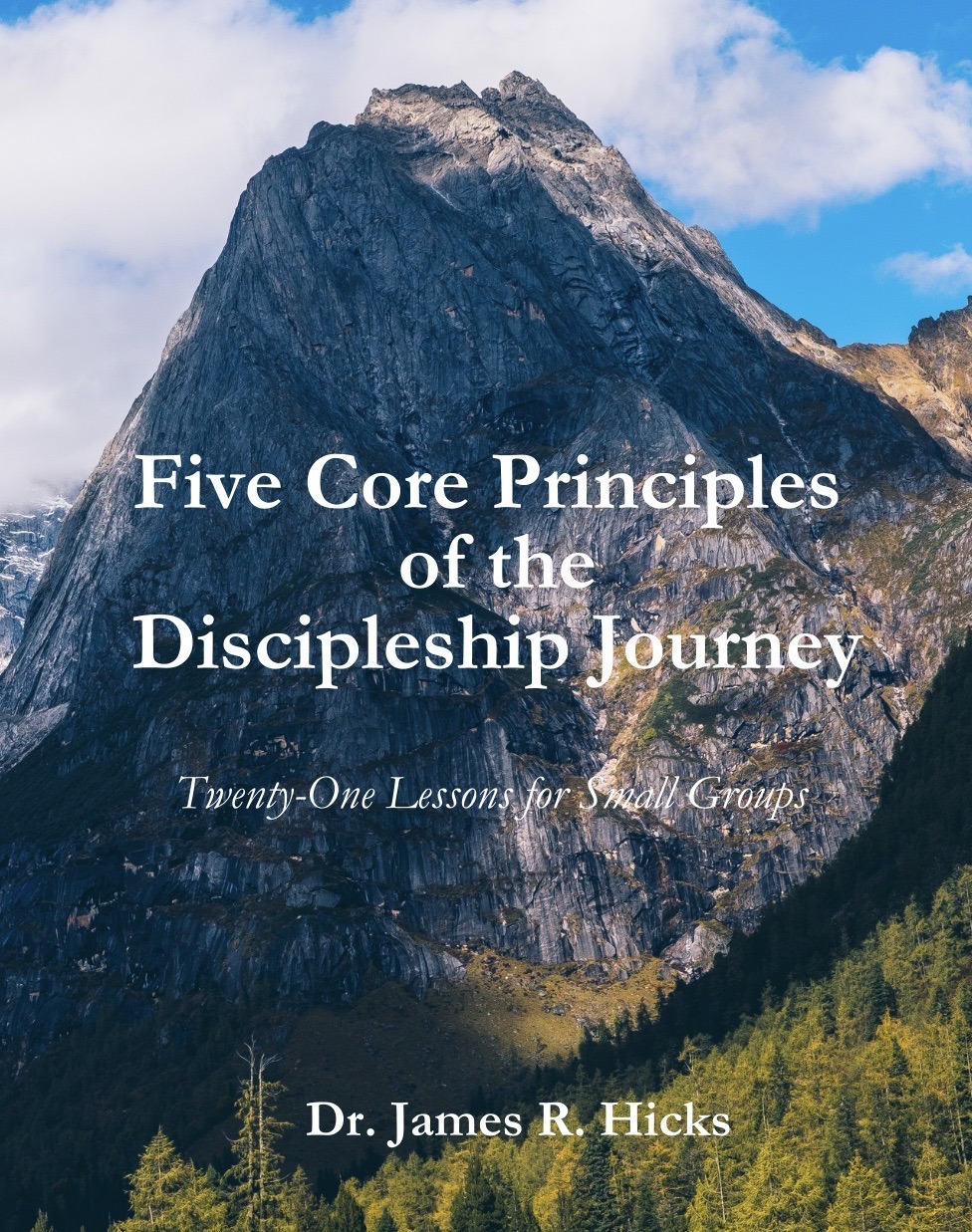Discussion times in small groups and Sunday School classes can be like probing for deep treasure and skipping rocks.
During discussion times, probe for Deep Treasure.
Small group leaders and Sunday School teachers must go beyond the first discussion question with a follow-up question. The first question can be planned, but usually the follow-up question and additional questions are determined by each given response. In the probing process, you will be searching for true opinions rather than surface reactions.
An example of this would be:
Question: how does our lesson speak to the community in which we live?
Answer: our community needs to set Godly standards as a priority.
Question: how would our group be different if we better applied these Godly standards?
Answer: we would feel as though we are one team fighting against Satan, rather than individuals struggling alone.
Question: as a team player in our group, what specific actions can you take this week to fulfill God’s standards so both our group and community will be blessed?
Answer: I need to remember I am not alone, and others are truly attempting to do the impossible for God.
As teachers listen intently, practice patience, and depend on divine guidance, it will be amazing how easily the skill of probing can be acquired.
During discussion times, Skip Rocks.
Skipping rocks across a river or lake and getting more people involved in a discussion time are very similar. In skipping rocks across a lake, the idea is to see how many times the rock will hit before it sinks. In a class or small group, the idea is to see how many people you can draw into a discussion before the discussion ends. The following ideas will not only show how to lead others into a discussion but how to change the atmosphere and pace of the discussion.
An initial question by the teacher can be followed up by asking “can you tell us more?” When the teacher feels like the other members of the group need to be included in the discussion, the teacher can begin skipping rocks by asking “how do the rest of you feel” or “does anyone feel differently?”
Next, skipping rocks can be a technique to change the atmosphere if one person begins to share more information than he/she should or speak up more often than he/she should. When this occurs, the teacher may call someone else in the group by name and say, “John, how would you respond to this question?” The teacher would continue to skip rocks if he/she asked the entire group not just to respond to the original question, but how would they respond to how John responded to the question.
Skipping rocks can also have different speeds. If the discussion begins to slow down, the teacher might ask an easier question to the entire group such as, “everyone, quickly give me the first word that comes to your mind when you think about heaven (or whatever the lesson is about)?”
On the contrary, if the class discussion has been lively and you want to slow it down to go to prayer, you might say to the group, “now, think before you answer, take your time, and tell me in a short phrase, how have your feelings changed about our subject today?”
Skipping rocks is especially fun because the teacher is facilitating action along with the leadership of the Holy Spirit.
It has been said that on January 15, 1799, George Washington said to Patrick Henry, “the views of men can only be known, or guessed at, by their words or actions.” Small group leaders and Sunday School teachers have the incredible pleasure of being partners with God as they probe deeply one moment and joyfully skip rocks the next.
 Wednesday, August 9, 2023 at 6:58PM
Wednesday, August 9, 2023 at 6:58PM 




